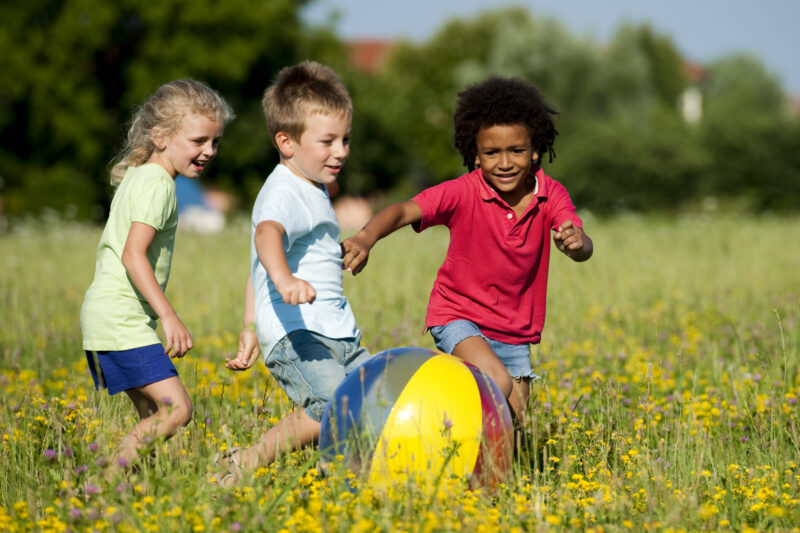The back-to-school ritual of buying school supplies and shopping for new outfits may have looked different for you this year. As some states report a stable or declining number of COVID-19 cases, while some report an increase, the school year will look different for your child depending on where you live.
Whether your child’s school will open at full capacity or at a modified capacity that integrates staggered schedules and distance learning, it’s important for your child to get the hang of good health practices and establish healthy routines that they can incorporate throughout the school year.
Practice Good Hygiene
Practicing good hygiene helps stop the spread of germs and reduces the risk of getting sick. Some things you can start practicing with your child at home before they go to school include:
- Thoroughly washing your hands: Practice how to correctly wash your hands with your child at home— scrubbing all surfaces of the hands for at least 20 to 30 seconds with plenty of soap. It can also be helpful to give your child examples of when they should wash their hands (i.e. before and after eating, after using the toilet, and after blowing your nose).
- Sneezing and coughing into a bent elbow: Start practicing the habit of sneezing or coughing into a bent elbow, instead of the hands. This avoids respiratory droplets from spreading in the air and/or getting on the hands, potentially getting others sick.
- Avoiding touching the face: One of the primary modes of infection is touching the face (the eyes, nose, or mouth) with unwashed hands. Kids are full of energy, and it can be difficult to get them to stop touching their faces. Some helpful tips to help encourage kids to not touch their face include positive reinforcement (for example, “Good job not touching your face.”), education about germs, or even incentives (like a treat or extra screen time).
- Wearing a mask: It may be difficult for your child to transition from wearing a mask for short periods of time to wearing one all day at school. Help your child prepare for wearing a mask at school by encouraging them to practice by wearing one for longer periods of time at home.
Focus on Nutrition
A solid nutritional foundation is not only essential to your child’s physical health but has also been linked to concentration and learning ability. MD Anderson recommends that kids’ lunches contain at least two-thirds of their lunch with plant-based foods, like fruits, nuts, and vegetables; and one-third with a lean protein, like chicken. Try involving your kids when packing their lunch and use it as an opportunity to teach them about eating healthy.
For snacks, try to avoid processed foods that contain high quantities of salt and preservatives and opt for more natural foods like fruit and vegetables with hummus, yogurt, or peanut butter.
Make Sleep a Priority
Sleep is an important part of keeping the immune system healthy. The amount of sleep your child needs will depend on their age. Toddlers should get between 10 to 13 hours of sleep a day, while children aged 6-13 need between 10.5 and 11 hours a day, and teenagers need between 8 to 10 hours of sleep a day.
Start a sleep routine with your child to help them create good sleep habits before the school year starts. A bedtime routine can include setting a strict bedtime, or a time to start winding down, and reading a book in bed. Electronic devices should be limited closer to bedtime, as they can affect your child’s sleep quality. Consider putting away electronic devices, such as iPads, smartphones, and video games, at least one hour before bedtime.
Get Your Child Up-to-Date on Their Vaccines
Due to COVID-19 quarantine measures, many children have fallen behind their vaccine schedules. If your child will be returning to school in the fall, make an appointment with your child’s doctor to get them caught up on any missed vaccines or to stay on track with their vaccine schedule. Try to get an appointment at least a few weeks before school starts, as vaccines generally take about two weeks to become effective.
Are You and Your Kids Ready for the Upcoming School Year?
Going back to school is an exciting time for kids. Establishing healthy routines will help you and your family enjoy a successful school year.
Sources:



